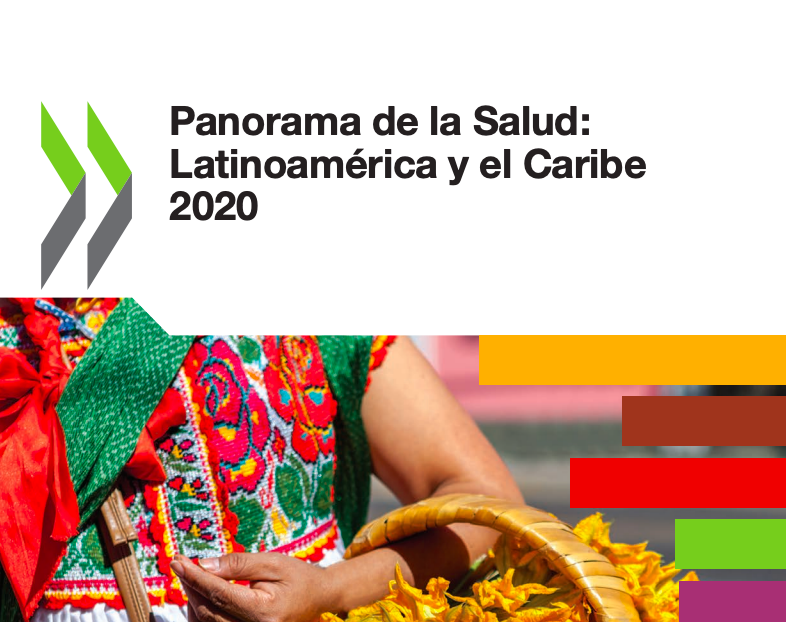The OECD report “Health at a Glance: Latin America and the Caribbean 2020” gathers data on health and healthcare systems of the region. Equity, health status and determinants of health, resources, expenditure and financing are covered.
The OECD report “Health at a Glance: Latin America and the Caribbean 2020” gathers data on health and healthcare systems of the region. Equity, health status and determinants of health, resources, expenditure and financing are covered.
An article shared by AIM
The report shows that, on average, the health status of the popula- tion has improved with life expectancy increasing by almost 4 years and a significant reduction of both maternal and infant mortality. However, it also shows that inequalities remain between countries with sometimes considerable gaps in health gains. When it comes to non-communicable diseases, cardiovascular diseases and cancers
account for 82% of deaths. Progress in the area is slower than in other OECD countries, with tuberculosis incidence maintained or even increased in 12 out of 33 countries and HIV incidence increasing in 5.
Overweight is one of the leading risk factors in the region, together with the lack of physical activity (35% of the adult population not mee- ting the WHO recommendations), smoking, and alcohol. Minimum immunization levels are not attained in 12 out of 33 countries. Quality of care is, according to the OECD, “the missing link in the unrealised promise of universal health coverage in Latin America and the Caribbean.” Health expenditure is lower than in other OECD countries and dependant on out-of-pocket spending.
Government spending and compulsory healthcare insurance only represent an average 54.3% of the 2017 expenditure on health. The high out-of-pocket expenditure on health in the region pushes 1.7% of the population under the poverty threshold. According to the OECD, the path towards universal health cove- rage in the region is halted by a poor allocation of resources. Antibiotics are poorly used, HTA is systematically used by only 5 countries, weak health information systems, health systems fragmentation and corruption in the sector are some of the obstacles specifically highlighted in the report.
Staff shortages, low availability of hospital beds and medical technologies, and scarce resources for mental healthcare prevent an effective response to people’s healthcare needs.





